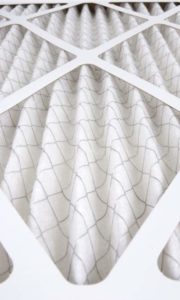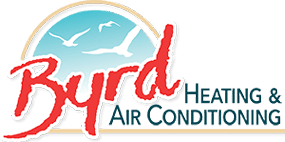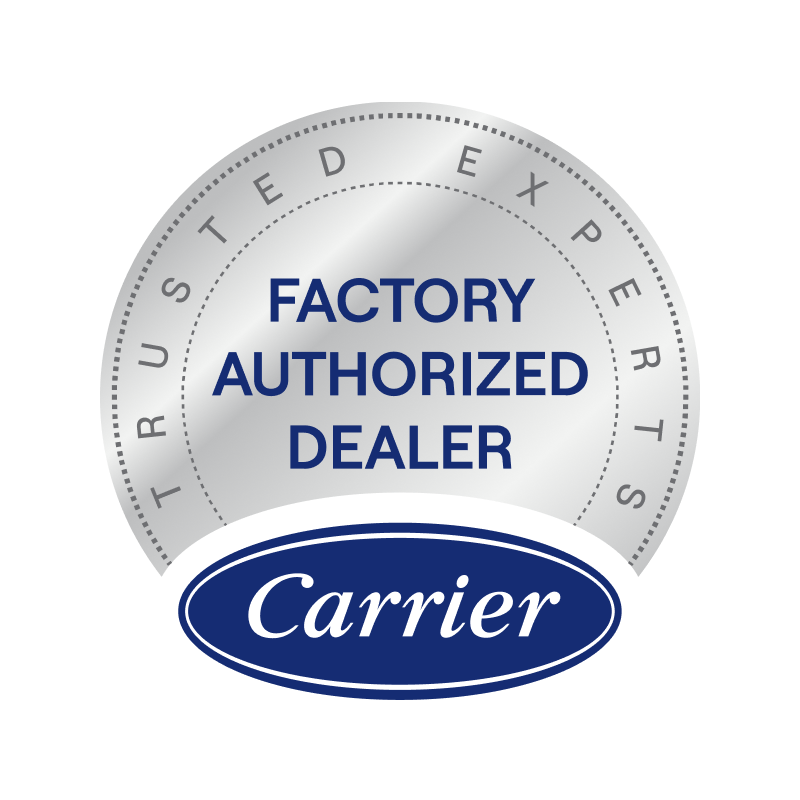\ Needless to say, poor indoor air quality isn’t something any of us actively wants. With the Savannah area’s high humidity, though, indoor air quality can fall quickly if you don’t take steps to keep your air clean.
Needless to say, poor indoor air quality isn’t something any of us actively wants. With the Savannah area’s high humidity, though, indoor air quality can fall quickly if you don’t take steps to keep your air clean.
Low indoor air quality isn’t just about a little dust and funny odors, either. Many common indoor air contaminants can negatively affect your health. The effects are especially pronounced in the very young, older adults, and those with respiratory health conditions.
Keeping your air clean not only makes your home a more comfortable, pleasant place to live, but it also protects your long-term health. Achieving high indoor air quality isn’t all that complicated or expensive. Through basic home maintenance and the right air quality equipment, you can keep your air clean without a lot of effort.
Poor Indoor Air Quality: A Silent Threat
Contaminants in your air can cause a number of problems, some of which you may not immediately connect to the state of your home’s air quality.
More respiratory problems – Pollen, mold spores, dust mites, household pest debris, and other common particulate air contaminants are allergy triggers. If you’re allergic to any of these, the more you have in your home, the more you’ll suffer from the sneezing, watery eyes and other symptoms associated with allergies.
For those with asthma, the risks are even higher. Not only are particulate contaminants a threat, but so are volatile organic compounds (VOCs), the chemical fumes released by carpets, upholstery, cleaning solvents, personal-care products and other household materials. These can all irritate the airways enough to trigger asthma attacks. Frequent asthma attacks, in turn, can permanently scar the airways.
General malaise – You don’t have to suffer from a respiratory condition to feel the effects of poor indoor air quality. Too many pollutants floating around your home can give you a constant cough, a stuffy nose, frequent headaches, and other unpleasant health symptoms. In fact, you may feel as if you have allergies even when you don’t.
A buildup of VOCs or carbon monoxide
This is particularly likely to leave you with headaches and fatigue. Because these gaseous pollutants can have serious effects, any unexplained health issues you experience primarily at home should be addressed promptly.
Lasting health problems – Some 40 percent of city homes have cockroaches, and long-term exposure to the droppings and other debris left by these pests can cause asthma to develop in young children. Because roaches are so common in our humid climate, having good air filters in place is a smart extra step to protect your family’s health.
For adults, greater risk of cardiovascular health problems such as high blood pressure and hardened arteries is one of the biggest threats posed by indoor air pollution.
Increased energy bills – Your heating and cooling system is constantly drawing in indoor air, so it requires a filter to keep out any contaminants contained in the air. The more contaminants in your air, the faster the filter clogs up. A dirty filter slows down air flowing into the system and makes the motor work harder. That can cut your system’s energy efficiency by as much as 15 percent, raising your energy bills.
While planning to inspect your filter monthly and change it as needed is good in theory, all it takes is one month of neglecting a lower-efficiency filter and you’re likely to see an increase in your bills.
Filter Pollutants
It’s not just your filter that collects pollutants. Particles that find their way into your system build up on your air conditioner’s indoor evaporator coil, reducing the component’s efficiency. By improving your indoor air quality, you’ll enjoy not just better health but also more affordable energy bills.
Damage to your HVAC system – Poor indoor air quality threatens your heating and cooling system in two ways. First, a dirty filter places strain on the motor and can cause early failure. The more pollutants in your air, the greater the chance that some will enter your system and eventually damage the components. For example, a layer of dust on your A/C evaporator coil strains both the coil and the compressor, potentially damaging both.
Effective, Efficient Ways to Improve Poor Indoor Air Quality
Given the harm it can do to your health, poor indoor air quality isn’t something you can afford to ignore for long. Although it’s not hard to get cleaner air in your home, it does take more than opening the windows now and then. Just making a few simple home improvements now can get you started toward healthier indoor air.
Choose a better filter – If you’ve been using 1-inch fiberglass filters in your HVAC system, you’ve been missing out on one of the easiest ways to keep your air clean. These filters protect your system, but miss the smaller particles that can harm your health. Switch to a filter with a Minimum Efficiency Reporting Value (MERV) of between 7 and 13 and you’ll be trapping more than 90 percent of the particles that pass through, almost as much as what gets trapped by a High-Efficiency Particulate Air (HEPA) filter.
At the very least, look for a filter with a MERV of 5 or higher. If anyone in your family has allergies or asthma, opt for a filter with a MERV of 11 or 12.
Take advantage of your A/C – Just running your A/C can improve poor indoor air quality. The longer you run your air conditioner, the more times your home’s air passes through the filter, getting cleaner with every pass. The air conditioner also reduces humidity. Keeping your indoor humidity down keeps mold and dust mites in check. If you need a way to keep your home cool overnight, turn on your A/C instead of opening the windows. Open windows let in pollen, which is particularly abundant in the early morning. Your A/C, on the other hand, cleans the air while cooling it.
Air seal your home – Most homes have small cracks around the windows, doors, wiring penetrations and elsewhere. These cracks let in outdoor air that carries contaminants and humidity. They also make it harder to keep your home at your preferred temperature. By using weatherstripping and caulk as needed to seal these air leaks, you’ll improve poor indoor air quality and reduce the load on your furnace and A/C. That means better health and lower energy bills.
Ventilate well – Regularly use the exhaust fans in your kitchen and bath to draw out moist air and odors. If you have an airtight home, which many of the newest homes are, you may need additional ventilation. Schedule an appointment with a heating and cooling professional who can assess your home’s need for more airflow and advise you on the best methods.
Savannah GA HVAC Services
In the hot, humid climate of Savannah, a supply ventilation system often works best. These systems draw in fresh air from outdoors. A balanced ventilation system, which brings in fresh air and removes indoor air, can also work well in our area.
Control your indoor humidity – Mold and dust mites, both of which can harm your health, thrive when the indoor humidity rises above 50 percent. Start getting a handle on your humidity by repairing leaky faucets or pipes, which add moisture to the air. Make sure all your vented appliances, such as your dryer, vent outdoors.
Air Sealing
If these steps, along with air sealing and using your exhaust fans, don’t help, you may benefit from a whole-house dehumidifier. These systems are installed in the HVAC system and remove excess humidity from the passing air.
Add an air cleaner – Air cleaners are the ultimate defense against indoor air pollutants because they trap or neutralize contaminants even higher-efficiency filters miss. These are available in two basic designs.
- Portable units: These small air cleaners can be placed on a table or the floor to improve the air quality in a single room. They provide a relatively simple, low-cost way to benefit from HEPA filtration. If you have allergies and need a little extra air cleaning in your bedroom, these units are ideal
- Whole-house units: Installed inside your HVAC system, these units clean your air as it passes through, then distribute clean air to each room via your ducts.
Which contaminants an air cleaner controls depends on the purification method it uses. For example, an electronic air cleaner can trap the tiny particles filters miss, while an ultraviolet germicidal irradiation (UVGI) air cleaner neutralizes mold spores, bacteria and viruses. The highest level of air cleaning, systems are available that combine multiple purification methods.
For professional guidance on improving your indoor air quality or help choosing and installing air quality equipment, contact us at Byrd Heating and Air Conditioning. We help homeowners stay healthy and comfortable all around the Savannah, Garden City and Tremont Park areas.

